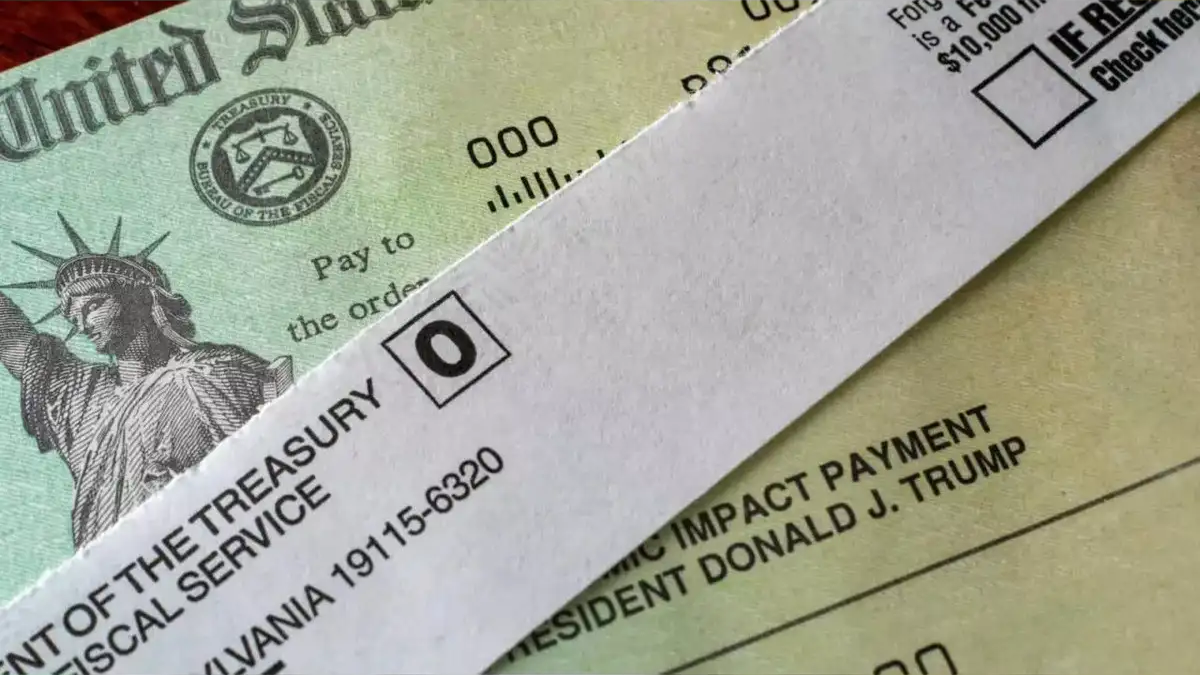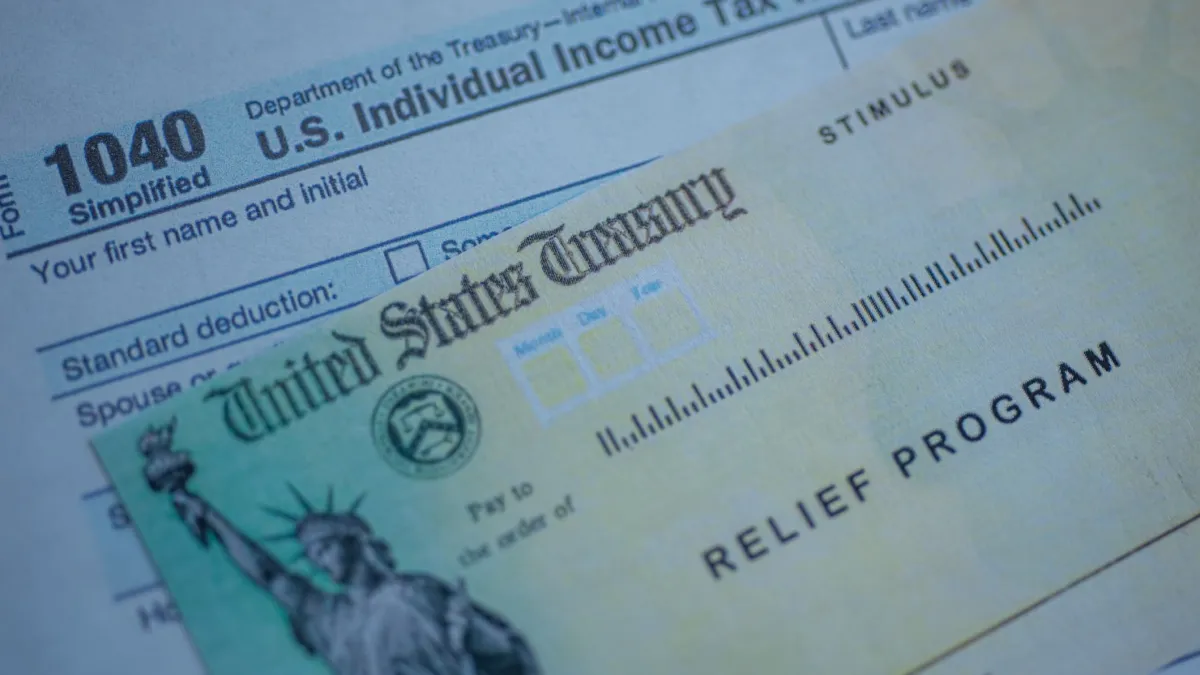Three major bills backed by West Virginia gubernatorial candidate and current Attorney General Patrick Morrisey took a big step forward this week as the State Senate passed them with amendments on Tuesday, moving them closer to becoming law.
The legislation — House Bills 2008, 2009, and 2013 — would restructure several departments within the executive branch and remove civil service protections for future employees in those areas. All three bills now return to the House for approval of the Senate’s changes.
Major Shifts in Department Leadership and Oversight
HB 2008, approved by a vote of 25-9, would move the Department of Economic Development back under the Department of Commerce. This would reduce its leadership status from a cabinet-level department to a division overseen by Commerce Secretary Matt Herridge. The department’s current leader would become an executive director instead of a secretary.
“The original intent behind separating Commerce and Economic Development just hasn’t worked out,” said Sen. Patricia Rucker, R-Jefferson. “Businesses expected Commerce to remain the central hub for economic growth.”
Advertisement
But not everyone agreed. Sen. Eric Tarr, R-Putnam, pushed for an amendment to keep the departments separate, arguing that the state needs to maintain a sharp focus on attracting businesses. His amendment failed in a 17-17 tie.
Arts and Culture Under Tourism
HB 2009, passed 24-10, would eliminate the Department of Arts, Culture and History, placing its divisions and programs under the Department of Tourism, led by Chelsea Ruby. This department originally split from Commerce in 2021 under former Governor Jim Justice but would now be folded back into a broader umbrella to reduce government size.
Civil Service Protections Rolled Back
Both HB 2008 and HB 2009 would strip civil service protections for any new employees or those promoted within the Departments of Commerce and Tourism starting this July. Senate Democrats pushed back, offering amendments to keep the grievance process and merit-based hiring in place, but their proposals were unsuccessful.
“Why are we taking away protections that have existed since 1961?” asked Senate Minority Leader Mike Woelfel, D-Cabell. “This opens the door to cronyism and favoritism.”
Advertisement
“This is deja vu,” added Sen. Joey Garcia, D-Marion. “We’ve seen what happens when you take away these protections — workers suffer and trust in government erodes.”
Advertisement
More Departments Affected Under HB 2013
The third bill, HB 2013, would extend similar changes to employees in the Bureau of Senior Services, Department of Administration, Department of Environmental Protection, Department of Revenue, and Department of Veterans’ Assistance. Future hires and employees who change roles in these agencies would also lose civil service protections and access to the state’s employee grievance process.
Sen. Bill Hamilton, R-Upshur, warned that this could set a dangerous precedent for more sweeping changes in the future.
“Today’s a sad day,” Hamilton said. “This takes us back 50 years, and opens the door to political hires and nepotism.”
Advertisement
Supporters Say Reforms Will Improve Accountability
Despite the concerns, Republican supporters of the bills said most state employees will not be affected — as long as they perform their jobs well.
“The people who show up, work hard, and serve the public aren’t worried about this,” Rucker said. “This isn’t about firing people for no reason — it’s about making our government work better.”
Advertisement
Part of Morrisey’s Broader Vision
All three bills were introduced as part of Morrisey’s platform to “right-size” West Virginia government, aiming to streamline services and reduce bureaucracy. Morrisey has encouraged lawmakers to pass more of his proposed reforms before the legislative session ends this Saturday at midnight.
As the House prepares to take up the amended versions of the bills, the final fate of this significant restructuring push remains to be seen. But one thing is clear — West Virginia’s state government may look very different in the near future.










